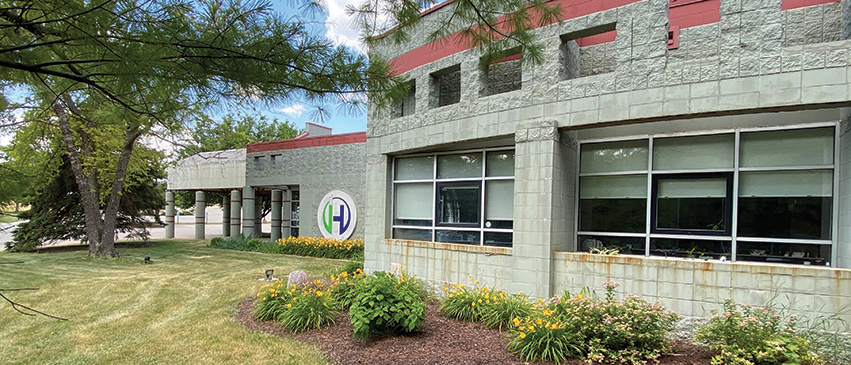Resiliency and Mental Health

As we celebrate our 30th anniversary, Hult Center for Healthy Living has been a vital community resource reaching youth and adults across their lifespans. Each year, more than 50,000 individuals participate in Hult’s health education programing, mental health consultation and oncology support services—including 10,000 youth and adults who receive specialized mental health education and training.
Mental Health Matters
Hult Center’s “Youth Mental Health Matters” program empowers both youth and adults—including teachers, parents, caregivers and community leaders—to develop mental health awareness and skills to help youth learn to cope and build resilience. Adult mental health trainings are provided to complement student programs on anxiety, depression, suicide prevention, coping skills and resiliency. The focus of this program is widely visible at Whitney’s Walk for Life, held annually on the last Saturday of July to raise awareness on the topic of suicide.
In addition to wellness workshops for organizations, community-wide trainings on mental health are offered as well. Two evidence-based training programs include “Youth Mental Health First Aid,” which assists youth experiencing a mental health crisis, and “QPR (Question, Persuade, Refer),” which recognizes the warning signs of suicide and urges them to seek help. Hult Center also has an active role in both suicide prevention and postvention strategies for schools and communities, offering consultations on best practices and guidelines.
Over the past year, we have focused on resiliency and the impact of the COVID-19 pandemic on both individual stress and community-wide mental health. Hult Center has embraced its mission “to empower people to live healthier lives” through education and outreach—from normalizing the stress response during a year that has been anything but normal, to helping adults and youth find and maintain resilience in their lives. We met this community need by transitioning our programming to an interactive, virtual format.
Dealing With Stress and Depression
As we look to this new year with hope, we recognize that the stress of COVID-19 is still part of our lives, and the after-effects will linger for some time. While stress is a normal response to the demands of everyday life, there has been an increase in stress, anxiety and depression during the pandemic.
Everyone reacts differently to stressful events, and it can be difficult to know when to seek help for a loved one or for yourself. If feelings of sadness, anxiety, irritability, anger or hopelessness are strong, long-lasting, or interfere with work, school or relationships, it may be time to seek help. Other warning signs include changes in appetite and sleep, difficulty concentrating, increase in drug or alcohol use, isolating from others, and even thoughts of suicide.
If you are worried about a loved one, you should know that it is okay to ask if they are thinking of hurting themselves—you might even save their life. Research shows that asking helps reduce anxiety, provides a message of hope, and can stop an impulsive act.
Other ways to deal with stress include interacting with your support system. A phone call, text, FaceTime or Zoom call can increase feelings of connectedness. If you are feeling overwhelmed or anxious, try limiting your exposure to social media and the news. Reach out to your minister or pastor, contact a mental health professional, see if your workplace has an employee assistance program to request a referral for counseling, or contact your primary care provider.
While everyone has been affected by the current situation in our country, not everyone has the ability to maintain a positive mental attitude during these challenging times. Our programs “empower people to live healthier lives.” Please be safe, wash your hands, wear a mask and practice social distancing. If you are feeling thoughts of suicide, contact the National Suicide Prevention Lifeline at 1-800-273-8255 or the Crisis Text Line at 741-741. PM
Kay Blankenship, MPC, LCPC, NCC, CCMHC, is a clinical consultant for the Hult Center for Healthy Living, where she coordinates the Youth Mental Health Program, and a therapist at Balanced, LLC in Washington.
- Log in to post comments

